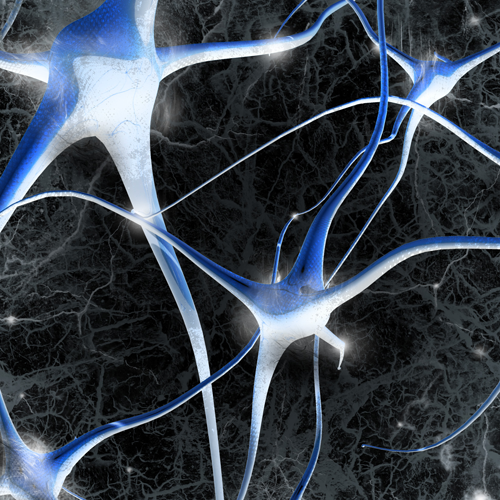Haloperidol and Ziprasidone for Treatment of Delirium in Critical Illness

Haloperidol and Ziprasidone for Treatment of Delirium in Critical Illness
Delirium is a common manifestation of acute brain dysfunction in the critically ill patient. It is associated with worse clinical outcomes, including mortality, days of mechanical ventilation, length of stay, or long-term cognitive impairment. Both typical and atypical antipsychotic medications have been used to manage hyperactive as well as hypoactive delirium. However, the evidence behind this practice is controversial.
In order to clarify this conflict, the MIND-USA Investigators designed a randomized, double- blind, placebo-controlled trial to test the hypothesis that typical or atypical antipsychotic medications would result in a shorter duration of delirium and better outcomes than placebo [1].
A total of 16 centres in the United States participated in the study. Patients >18 years of age or older, admitted to the ICU with acute respiratory failure (defined as the need for invasive or non-invasive ventilation) or shock (defined as hypotension with the need for vasopressors or intra aortic balloon pump) were eligible for randomisation if they had delirium (defined as a positive CAM-ICU). Patients at high risk for medication side effects, with severe cognitive impairment, unable to communicate, or in a moribund state were excluded.
The patients included were randomly assigned in a 1:1:1 ratio to receive placebo, haloperidol, or ziprasidone. Drug dosing was adjusted according to the clinical course of the patient, for up to 14 days. The primary end point was days alive without delirium or coma.
The investigators randomised a total of 566 patients. Most patients had hypoactive delirium (89%), 3/4 of the patients were recruited from medical ICUs, almost all of them were mechanically ventilated, and analgesia/sedation were common within the sample.
There were no differences in the median number of days alive without delirium or coma between the placebo group, as compared with the haloperidol and ziprasidone groups (8.5 vs 7.9 vs 8.7 days, p=0.26). There were no other significant differences between the groups with respect to the secondary end points, including duration of mechanical ventilation, length of stay, and 14-day mortality.
STUDY STRENGTHS & LIMITATIONS
Strengths of the study include the relevance of the study question, methodological approach (double-blinded trial testing two different drugs against placebo), a good external validity (adequate sample size and lax inclusion criteria with appropriate exclusion criteria), and the use of validated tools by trained personnel (CAM-ICU, RASS…).
Limitations comprise the absence of a real gold-standard test to diagnose delirium (thus, requiring the use of CAM-ICU), a high percentage of excluded patients from the screening (about 94%, with risk of bias), inability to detect sub groups who would benefit from the treatment (including hyperactive delirium patients, who represented only 11% of the sample), inability to detect a possible beneficial effect of higher doses of treatment (maximum dose of haloperidol was 20 mg per day), the possibility that other antipsychotics exhibit a different effect, and a possible underpowered design to perceive side effects.
TAKE HOME MESSAGES
- Delirium is a common manifestation of acute brain dysfunction in the critically ill patient, associated with worse clinical outcomes, which is commonly managed with antipsychotic medications.
- According to this trial, the use of typical or atypical antipsychotics (haloperidol up to 20 mg per day or ziprasidone up to 40 mg per day) does not alter the duration of hypoactive delirium, nor other relevant clinical outcomes in patients on vasopressors or mechanical ventilation. We should consider a change in everyday practice in the light of this study.
- Whether antipsychotic medications are useful or not at higher doses, or in some specific subgroups of patients with delirium, requires further research.
This article review was prepared and submitted by ESICM NEXT member David Pérez Torres, Department of Intensive Care, Río Hortega University Hospital, Valladolid, Spain, on behalf of the ESICM Journal Review Club.
REFERENCE
1) Girard, TD and the MIND-USA Investigators. Haloperidol and Ziprasidone for Treatment of Delirium in Critical Illness. New England Journal of Medicine. N Engl J Med. 2018 Oct 22. DOI:10.1056/NEJMoa1808217